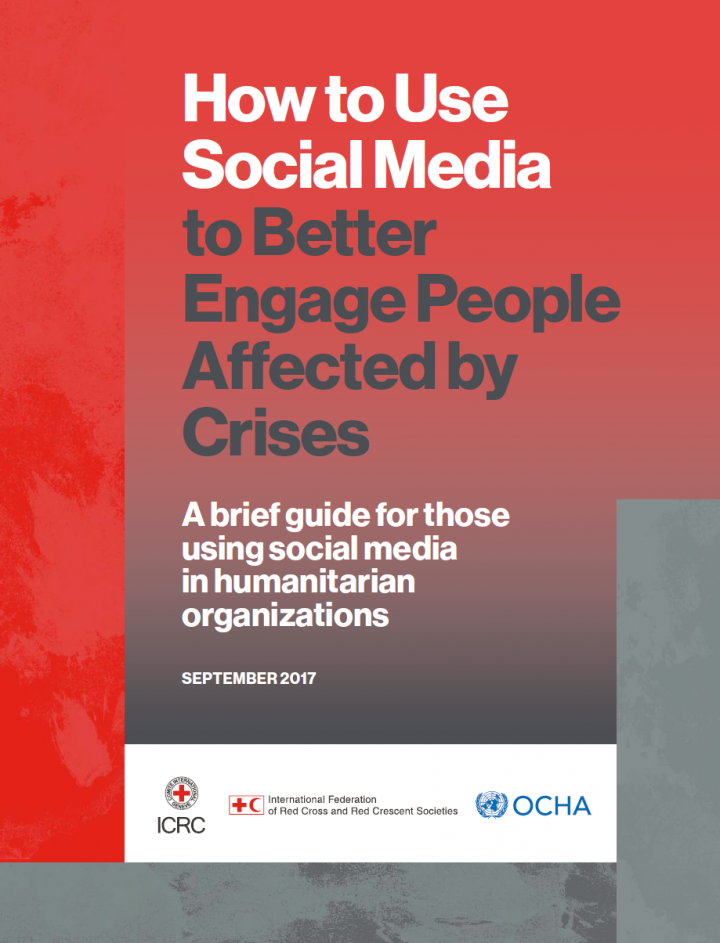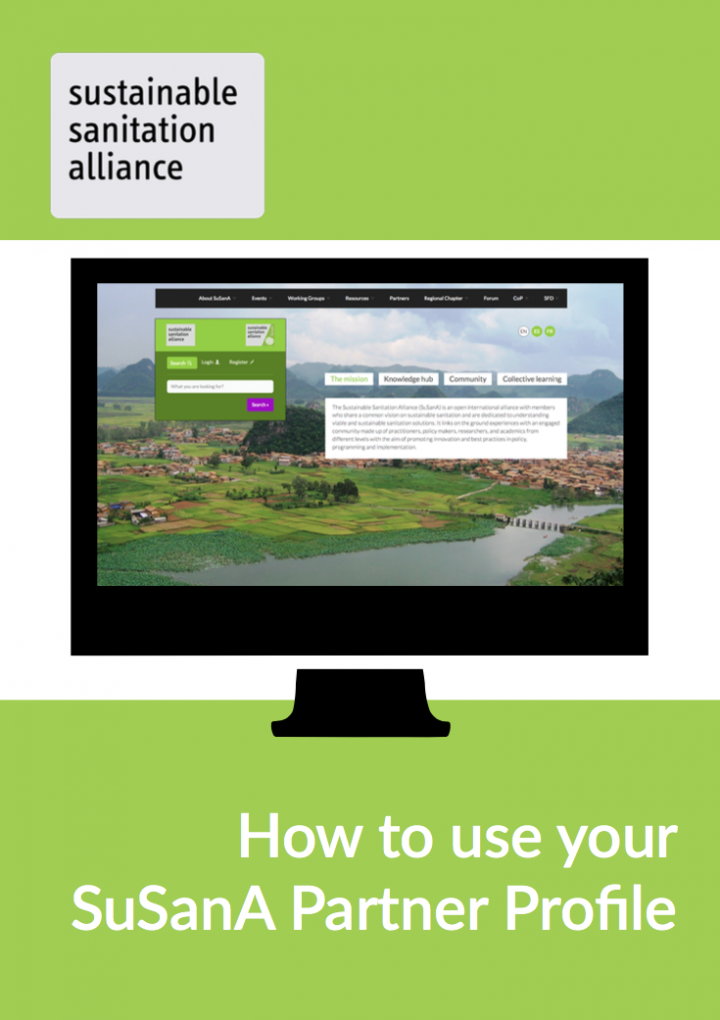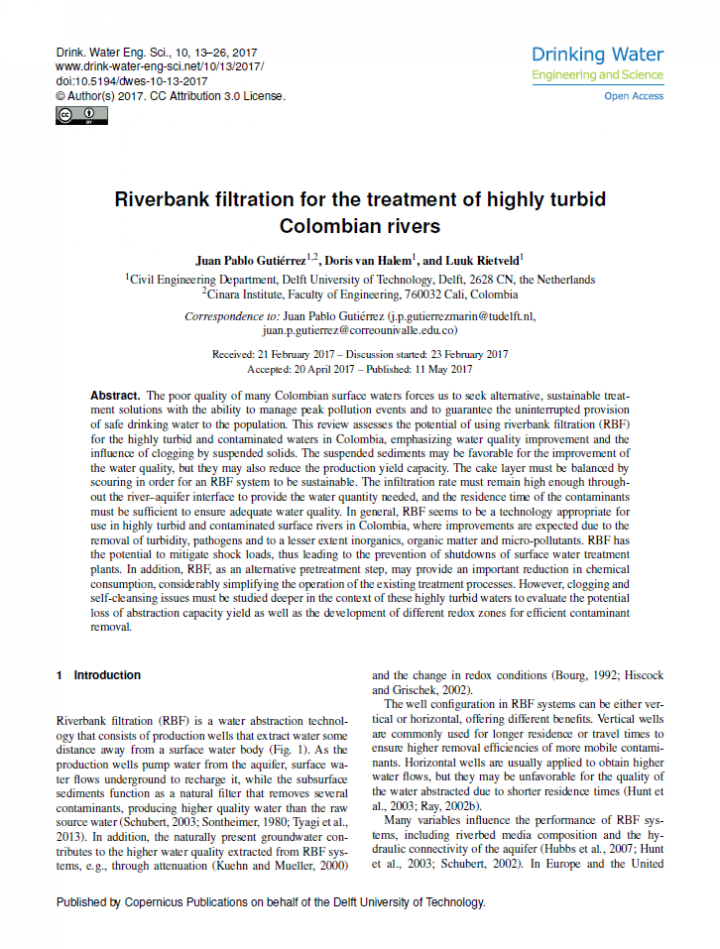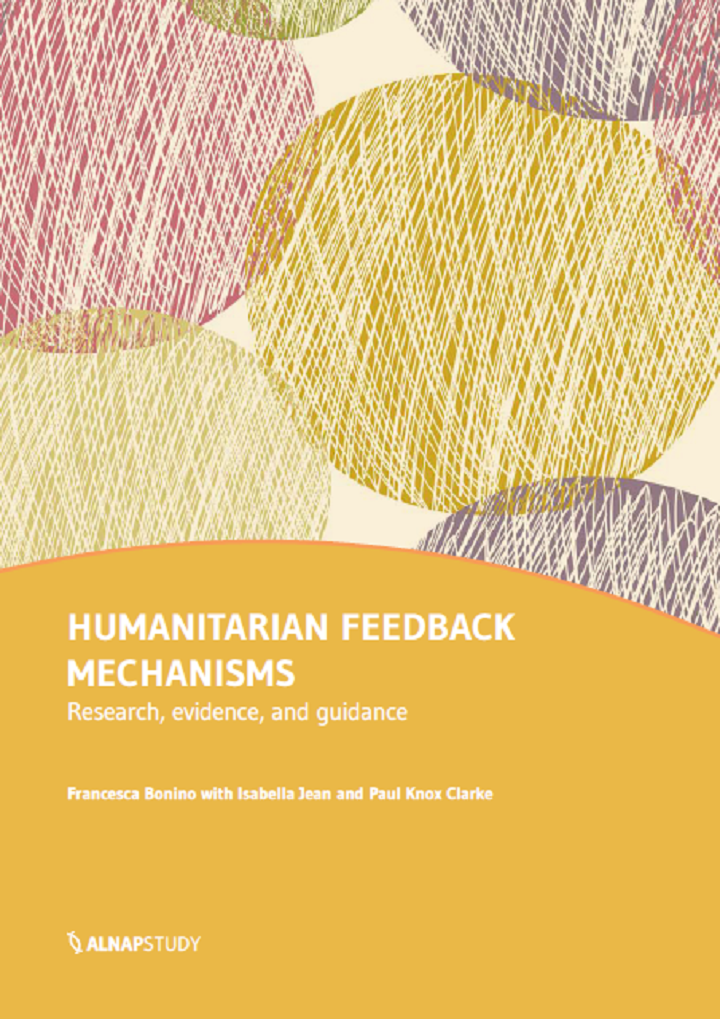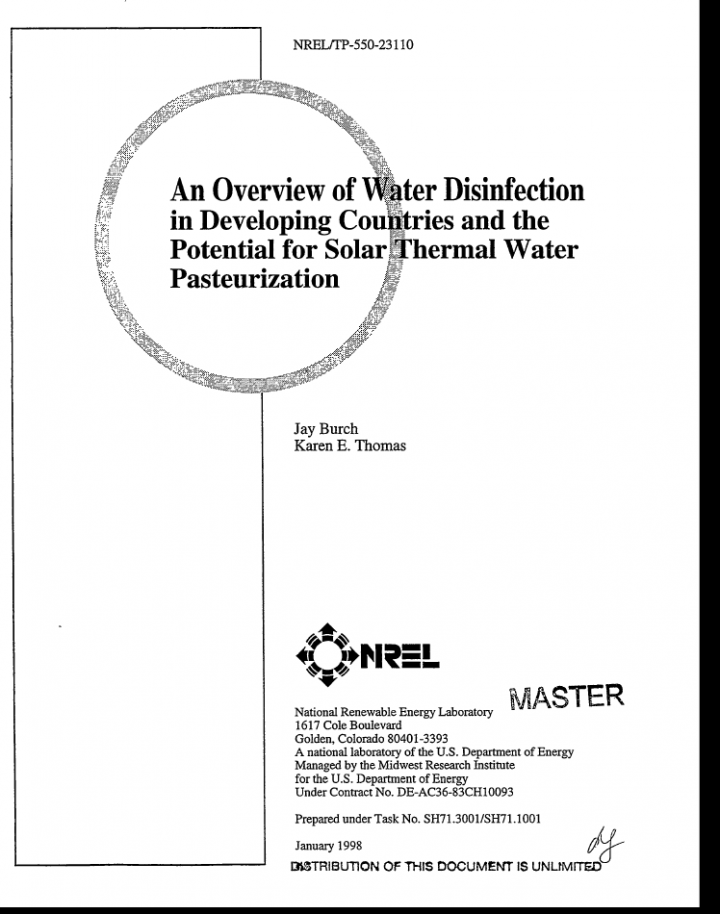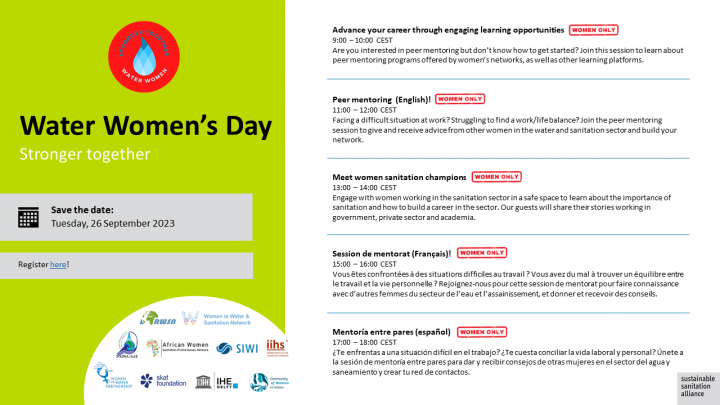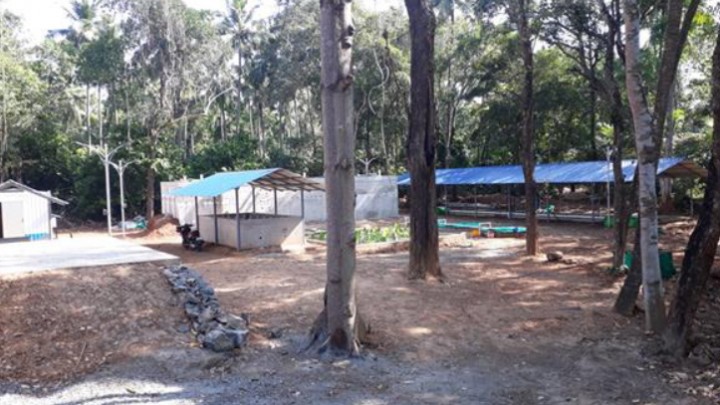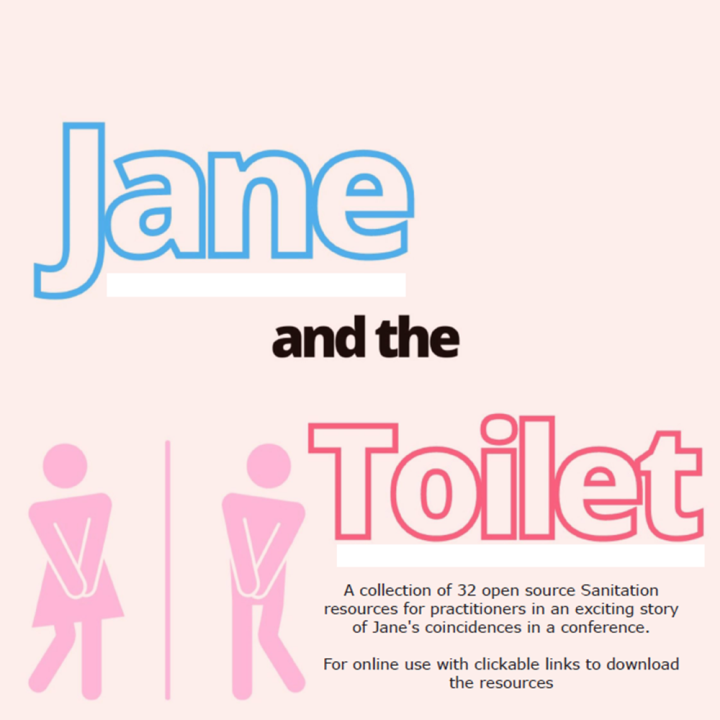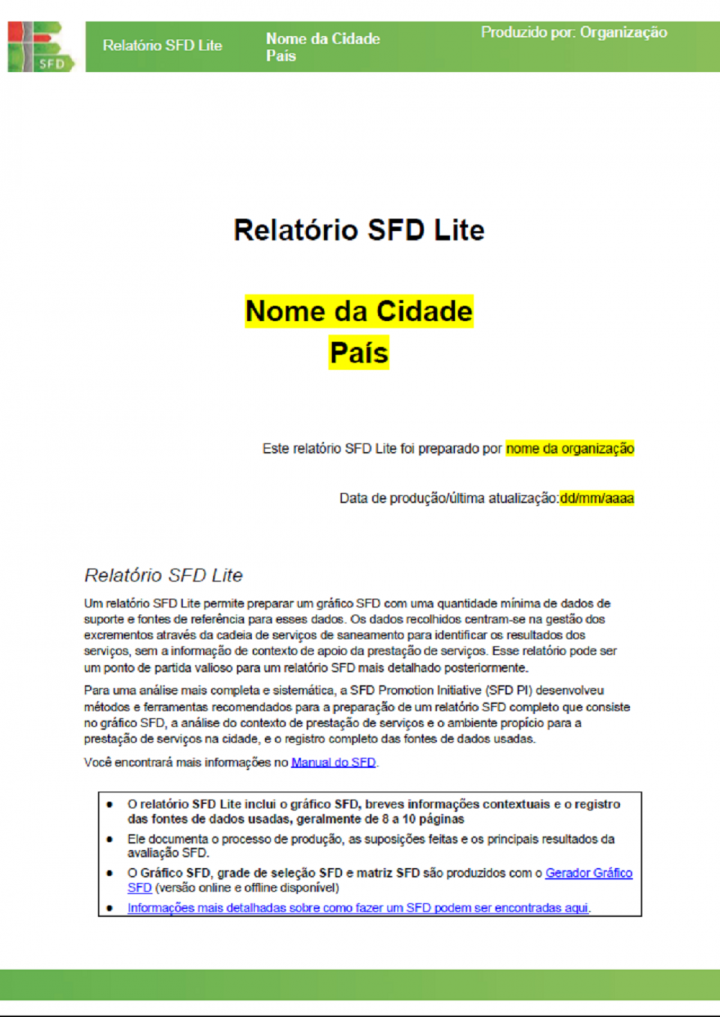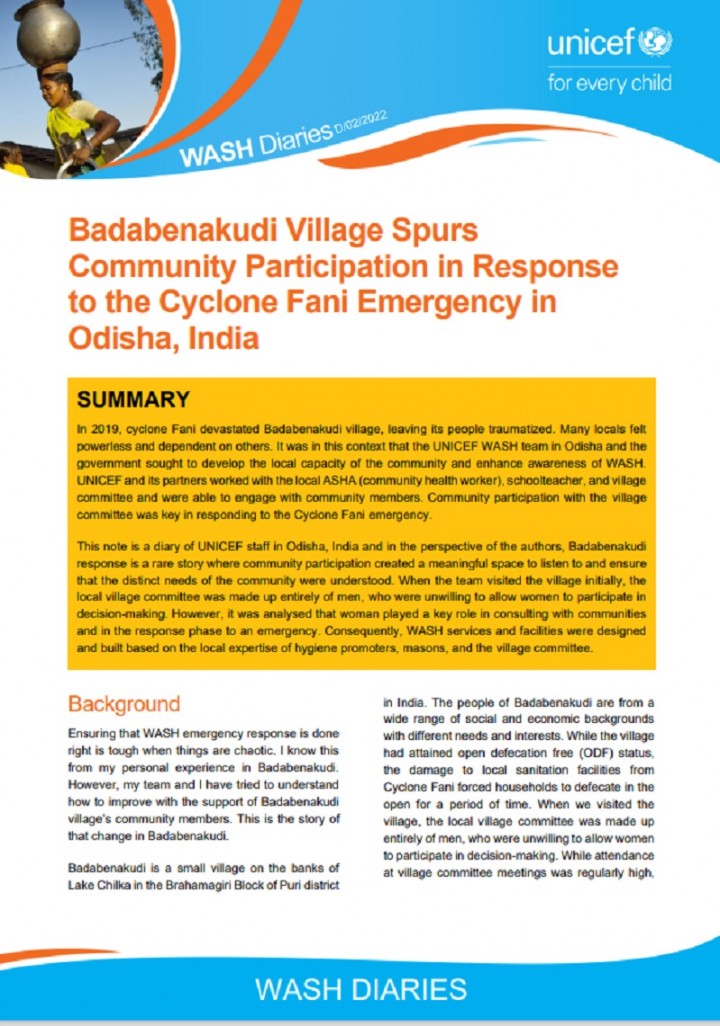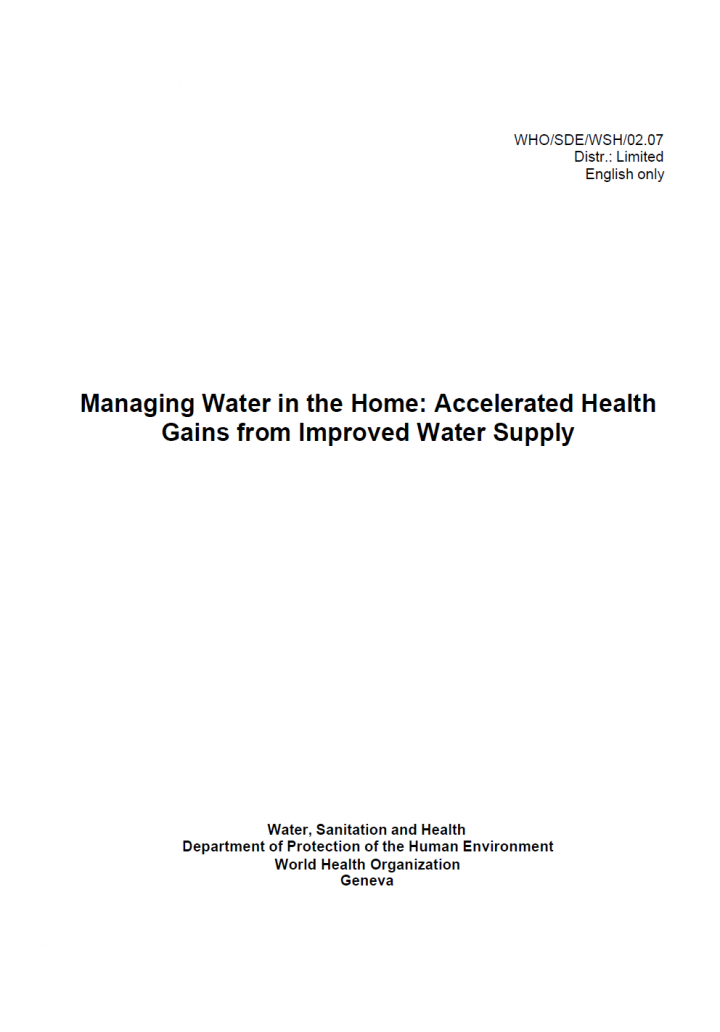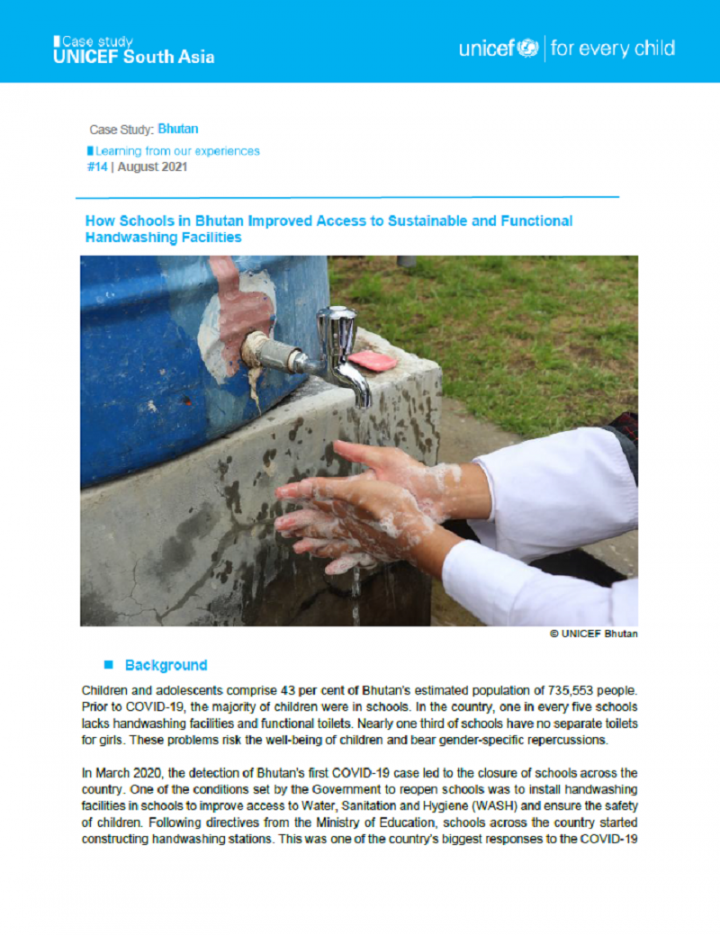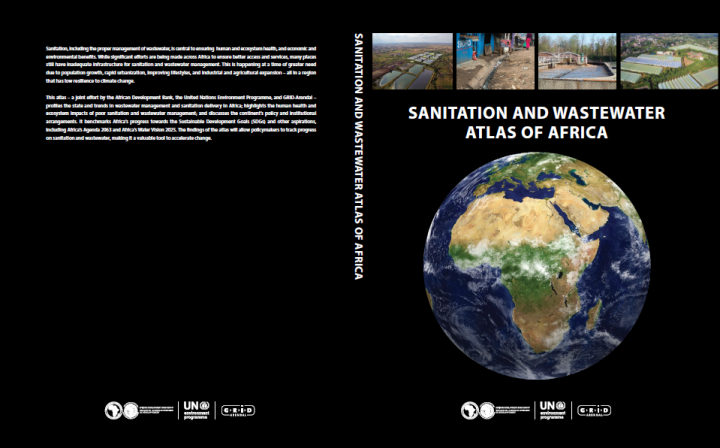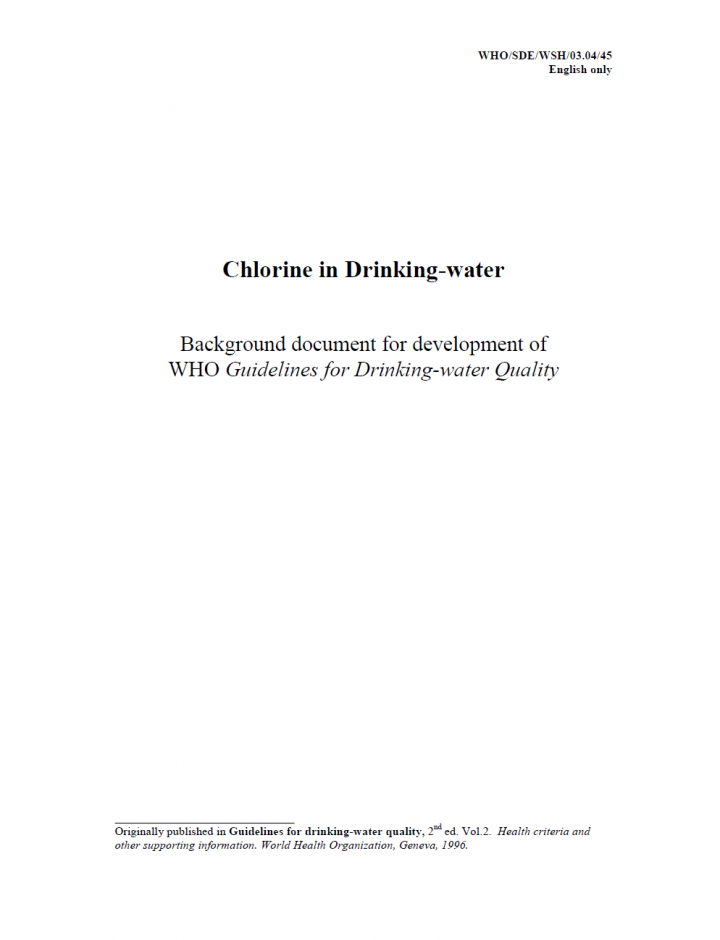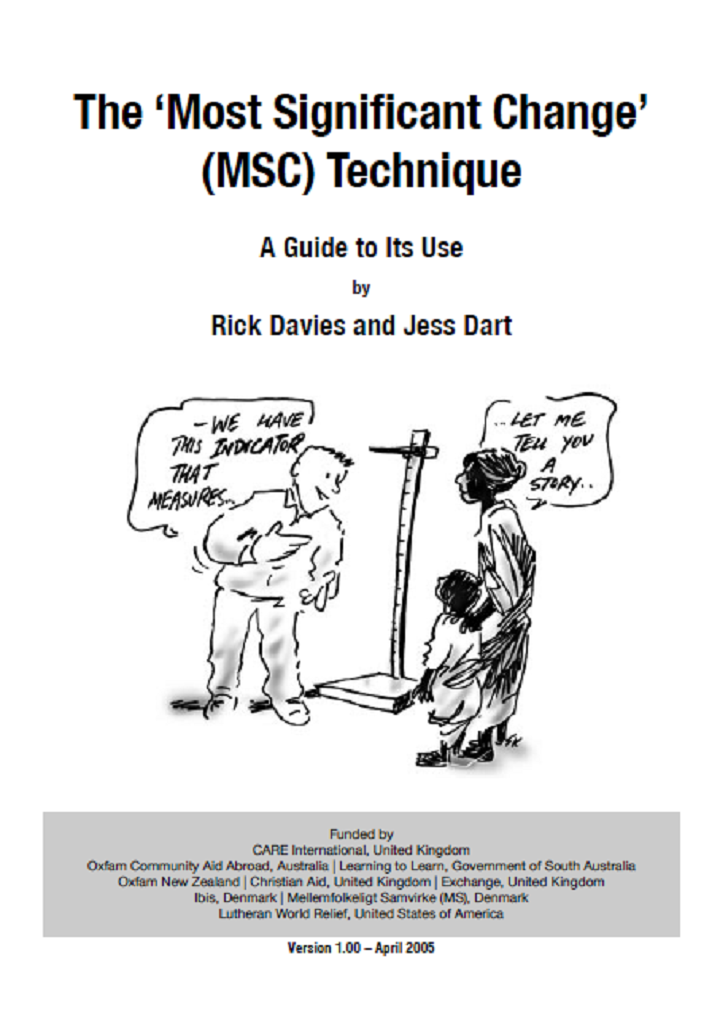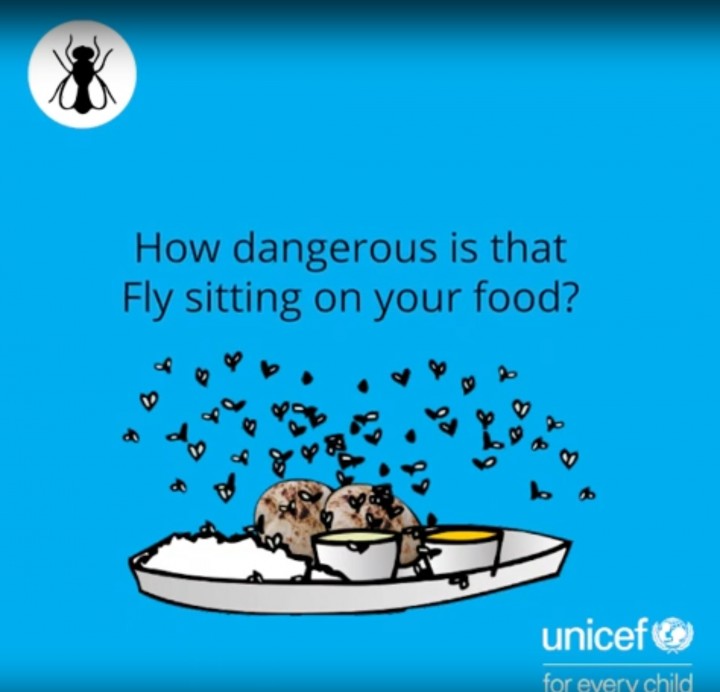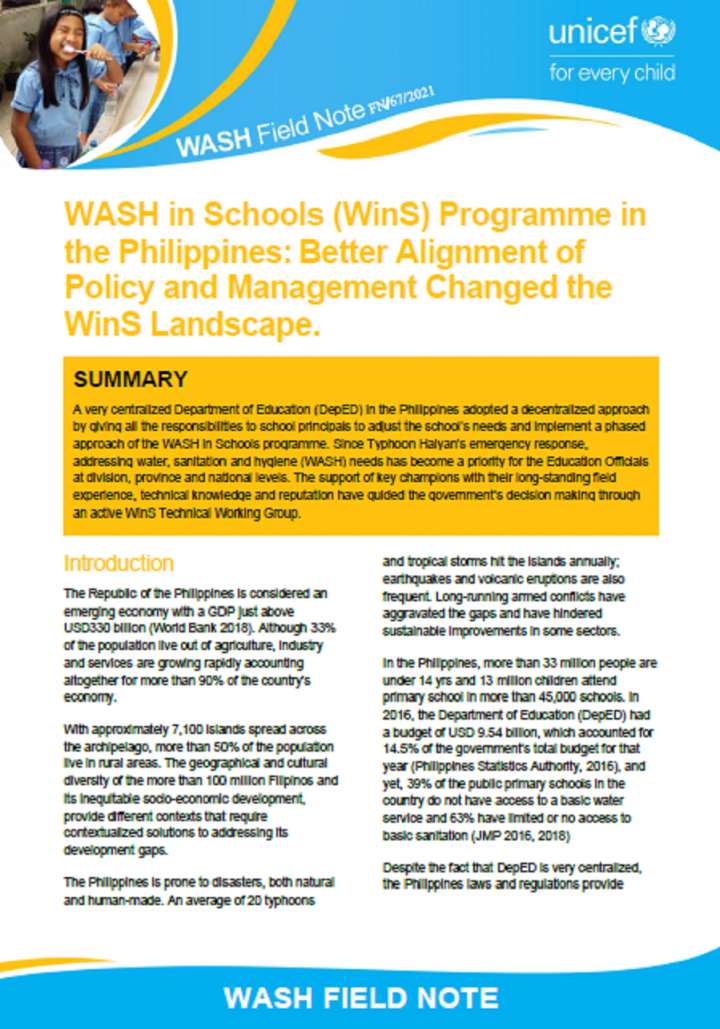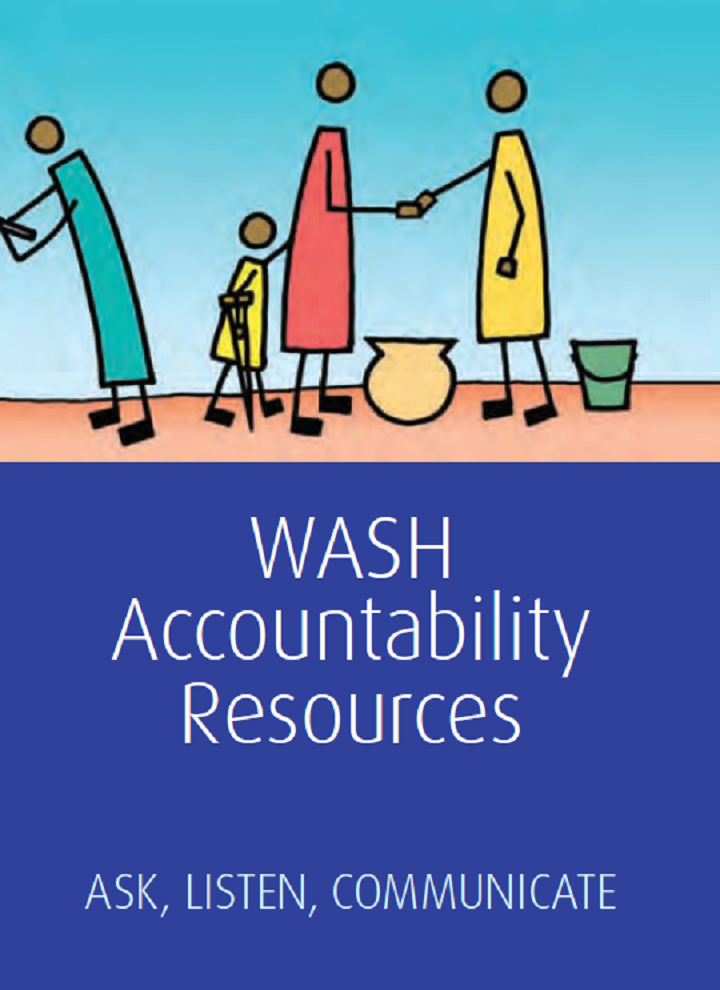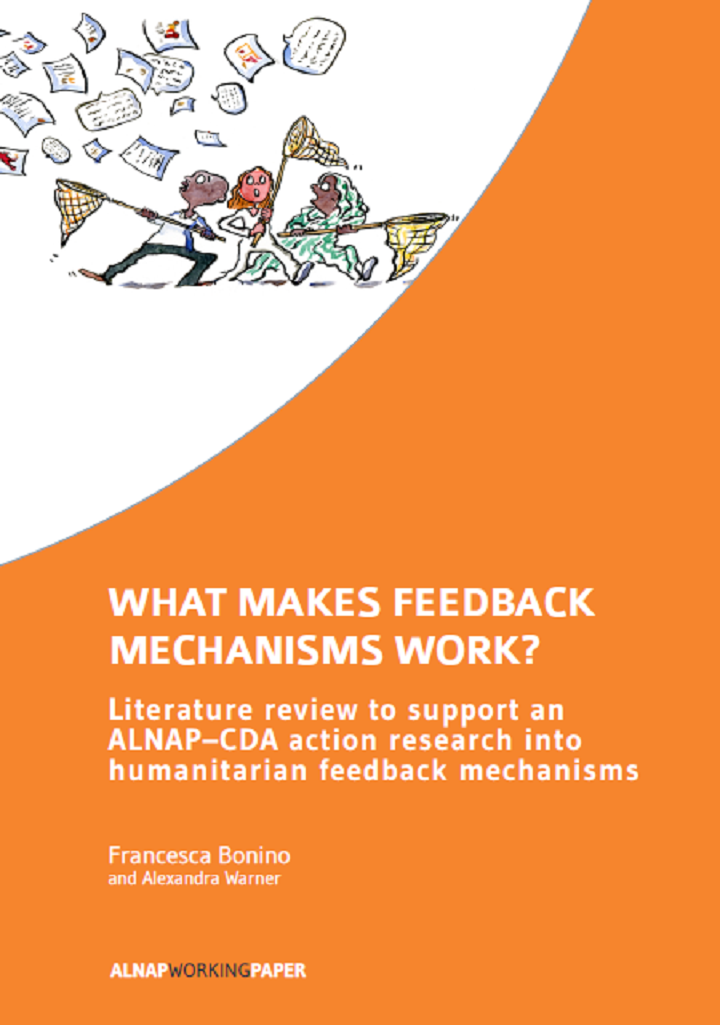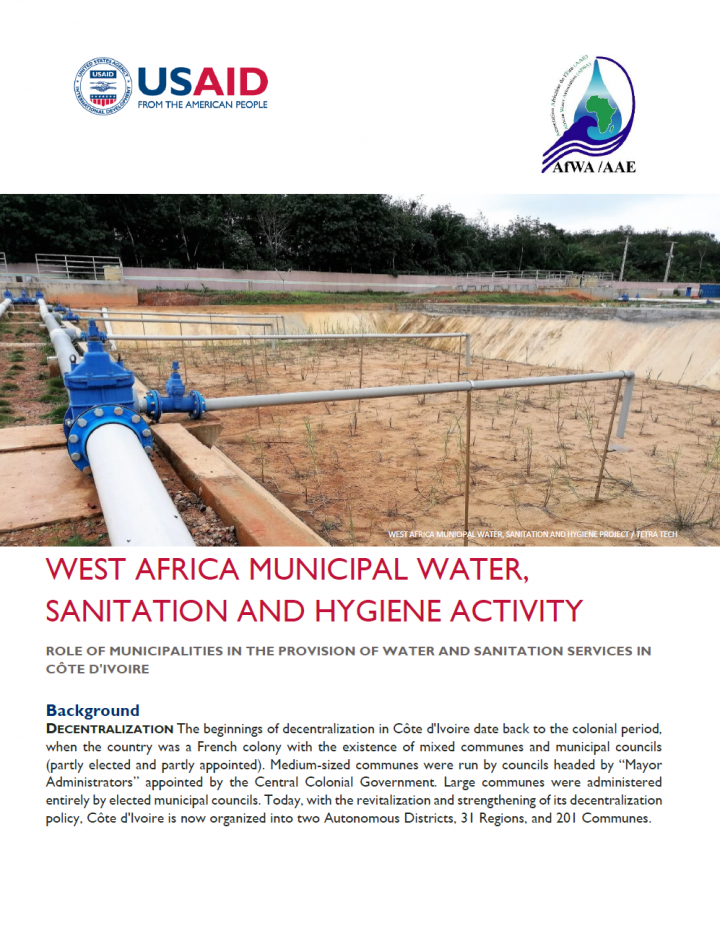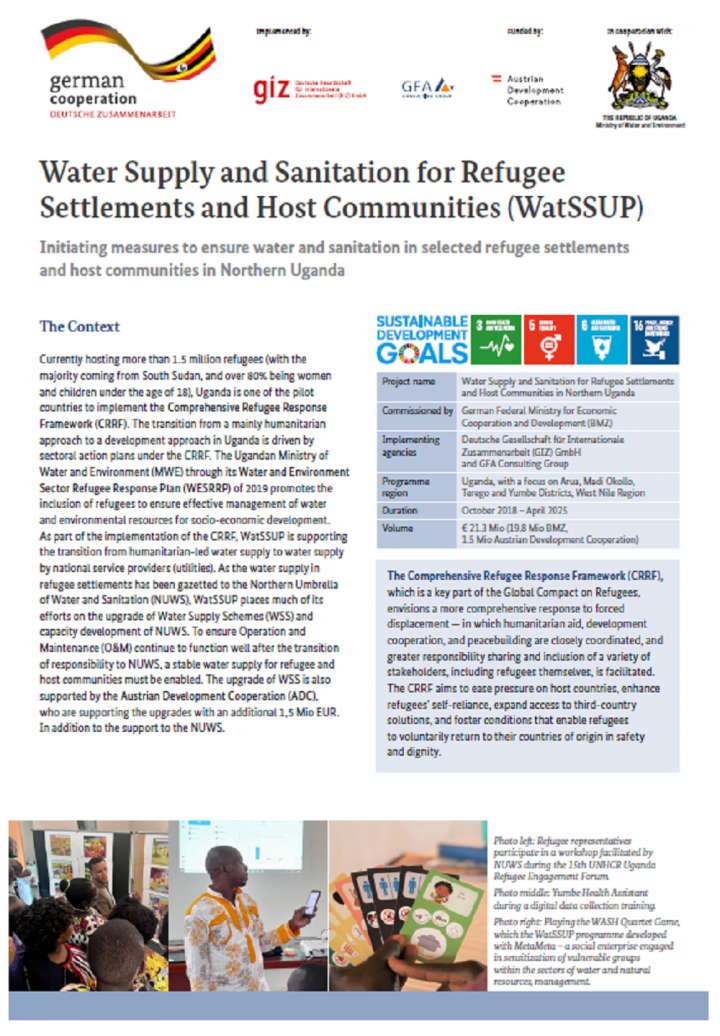Searching for information on Sanitation Workers?
The Sanitation Workers Knowledge + Learning Hub is the best source for all current news, trends, articles and updates on sanitation workers rights around the world.
What's in this guide? Online communication platforms have become a lifeline for millions of people affected by natural disasters and armed conflicts: social media and messaging apps help maintain contact with family and friends, and provide access to information, such as where to find food, shelter or medical assistance. This information can directly influence how people prepare for, respond to …
The poor quality of many Colombian surface waters forces us to seek alternative, sustainable treatment solutions with the ability to manage peak pollution events and to guarantee the uninterrupted provision of safe drinking water to the population. This review assesses the potential of using riverbank filtration (RBF) for the highly turbid and contaminated waters in Colombia, emphasizing water …
In 2012 ALNAP and CDA started collaborating on action research looking at feedback mechanisms in humanitarian contexts, to establish what makes them work effectively and to focus on bringing different stakeholders’ perspectives – particularly those of crisis-affected people – into the conversation. The case studies document the experience of three different agencies that use feedback …
This study originated within the Solar Buildings Program at the U.S. Department of Energy. Its goal is to
assess the potential for solar thennal water disinfection in developing countries. In order to assess solar
thennal potential, the alternatives must be clearly understood and compared. The objectives of the study are
to: a) characterize the developing world disinfection needs and market; …
The SuSanA Secretariat hosted the Second virtual Water Women’s Day on Tuesday, 26 September in collaboration with the Community of Women in Water, Women in Water & Sanitation Network, African Women Sanitation Professionals Network, SIWI’s Women in Water Diplomacy Network in the Nile and Central Asia & Afghanistan, African Water and Sanitation Association, Rural Water Supply Network, Women for …
This Manual is needed for the technical persons to be trained as Operators and helpers at the FSTP site at Thrissur. It contains Technical Guidelines for carrying out the works.
Vermifiltration is a more efficient method of sanitation relative to septic tanks and pit latrines. Earthworms are well known agents that promote digestion of organic waste, producing vermicompost.
The Tiger …
Sanitation workers provide essential services often at cost of their health and dignity. Little research has been done and there is an urgent need for evidence for policy and programs. Participants in this workshop will hear from moderators on challenges and contribute to setting a global published research agenda by proposing research questions.
Chairs: Kate Medlicott & Abisola Osinuga …
In 2019, cyclone Fani devastated Badabenakudi village, leaving its people traumatized. Many locals felt powerless and dependent on others. It was in this context that the UNICEF WASH team in Odisha and the government sought to develop the local capacity of the community and enhance awareness of WASH. UNICEF and its partners worked with the local ASHA (community health worker), schoolteacher, and …
A large fraction of the World's population around 1.1 billion people - does not have access to improved sources of water. For many others, contamination of water during transport and in the household presents a significant health risk. For this segment of the world's population, use of effective technologies for household water treatment and storage is likely to have direct beneficial effects in …
Children and adolescents comprise 43 per cent of Bhutan’s estimated population of 735,553 people. Prior to COVID-19, the majority of children were in schools. In the country, one in every five schools lacks handwashing facilities and functional toilets. Nearly one third of schools have no separate toilets for girls. These problems risk the well-being of children and bear gender-specific …
These guidelines describe how members of the public should provide first aid to an Aboriginal or Torres Strait Islander person who may be developing a mental illness or experiencing a mental health crisis. The role of the first aider is to assist the person until appropriate professional help is received or the crisis resolves. These guidelines are designed to accompany the series Guidelines for …
Handwashing with soap for minimum 40 seconds is one of the precautionary measures suggested and advocated globally since the outbreak of COVID-19 (Corona Virus Disease). The pandemic has created a demand for behaviour change and sustained practices of Handwashing with soap. This calls for exploring existing options of handwashing stations and create newer designs of handwashing stations globally, …
Sanitation, including the proper management of wastewater, is central to ensuring human and ecosystem health, and economic and environmental benefits. While significant efforts are being made across Africa to ensure better access and services, many places still have inadequate infrastructure for sanitation and wastewater management. This is happening at a time of greater need due to population …
One of the primary goals of WHO and its member states is that “all people, whatever their stage of development and their social and economic conditions, have the right to have access to an adequate supply of safe drinking water.” A major WHO function to achieve such goals is the responsibility “to propose regulations, and to make
recommendations with respect to international health matters …
This publication is aimed at organisations, community groups, students and academics who wish to use MSC to help monitor and evaluate their social change programs and projects, or to learn more about how it can be used. The technique is applicable in many different sectors, including agriculture, education and health, and especially in development programs. It is also applicable to many different …
A very centralized Department of Education (DepED) in the Philippines adopted a decentralized approach by giving all the responsibilities to school principals to adjust the school’s needs and implement a phased approach of the WASH in Schools programme. Since Typhoon Haiyan’s emergency response, addressing water, sanitation and hygiene (WASH) needs has become a priority for the Education …
This literature review supports a broader ALNAP and CDA initiative aiming at producing evidence-informed guidance for humanitarian agencies on ways to strengthen the effectiveness of mechanisms for gathering feedback from affected populations in humanitarian contexts. It focuses on two key questions: (1) why and how humanitarian agencies seek, process, and respond to feedback from affected …
DECENTRALIZATION The beginnings of decentralization in Côte d'Ivoire date back to the colonial period, when the country was a French colony with the existence of mixed communes and municipal councils (partly elected and partly appointed). Medium-sized communes were run by councils headed by “Mayor Administrators” appointed by the Central Colonial Government. Large communes were administered …
This factsheet gives an overview of the Water Supply and Sanitation for Refugees and Host Communities (WatSSUP) Programme, implemented by GIZ, which is funded by the German Government through the Federal Ministry of Economic Cooperation and Development (BMZ).
In this resource you can find context of the project and synthesised results like Strengthening of Institutions, Capacity Development …

